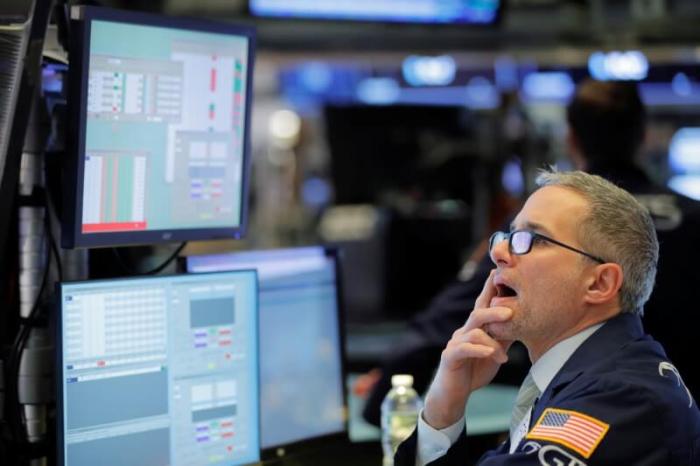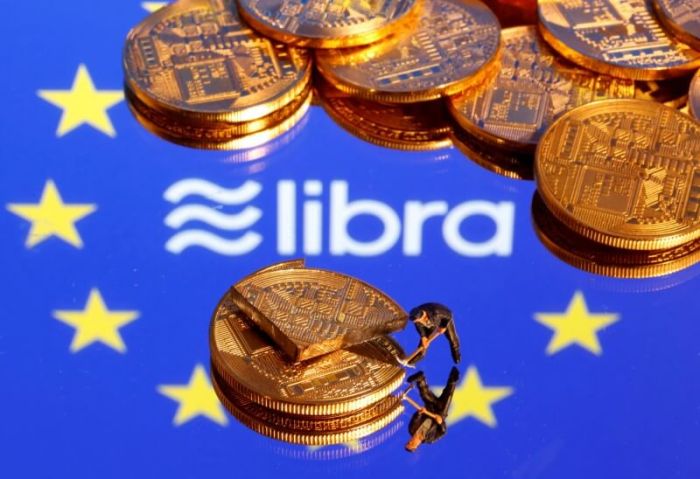A new study shows that giving every American adult an automatic income of $1,000 a month would be a major boon to the economy.
The analysis by the Roosevelt Institute concluded that a universal basic income (UBI) of that amount would grow the economy by 12.56 percent over 12 years, increasing the gross domestic product by $2.48 trillion. Researchers also investigated a $500 monthly income and a $250 “child allowance” for each child in a family, and concluded that the more generous the UBI, the greater the benefits.
The researchers assumed that UBI would be paid for by increasing the deficit, not via taxes, reports Futurism. “When paying for the policy by increasing taxes on households rather than paying for the policy with debt, the policy is not expansionary,” they wrote. “In effect, it is giving to households with one hand what it is taking away with the other. There is no net effect.”
How does it work and isn’t going into debt a bad thing?
The more money a household has, the more goods and services they buy, which creates demand for more jobs that provide those goods and services. Businesses have more income to pay corporate taxes on, which helps offset the government’s spending on the program. “The individual macroeconomic indicators are (qualitatively) what one would predict given an increase in aggregate demand: in addition to the increase in output, employment, labor force participation, prices, and wages all go up as well,” the authors write. “Even in a deficit-financed policy, an increase in the government’s liabilities is mitigated by the increase in aggregate demand.” Sign everyone up!
OK, so is there a downside?
Not so fast: Some economists argue that a basic income wouldn’t fix the structural problems with the economy that has created record income inequality, including a low minimum wage and the weakened power of unions. Other say UBI wouldn’t compensate for the loss of jobs caused by increased automation.
And there is the matter that a UBI hasn’t been attempted before. Trials of a universal basic income are approaching in Scotland. After the 2016 presidential election, Hillary Clinton revealed that she considered running on a platform that would have included a universal basic income, but she couldn’t figure out how to pay for it. But now that the Republicans, traditionally deficit hawks, are running on a tax-cut plan that would add $1.4 billion to the deficit, Washington may be slightly less allergic to at least having the discussion in future.






















